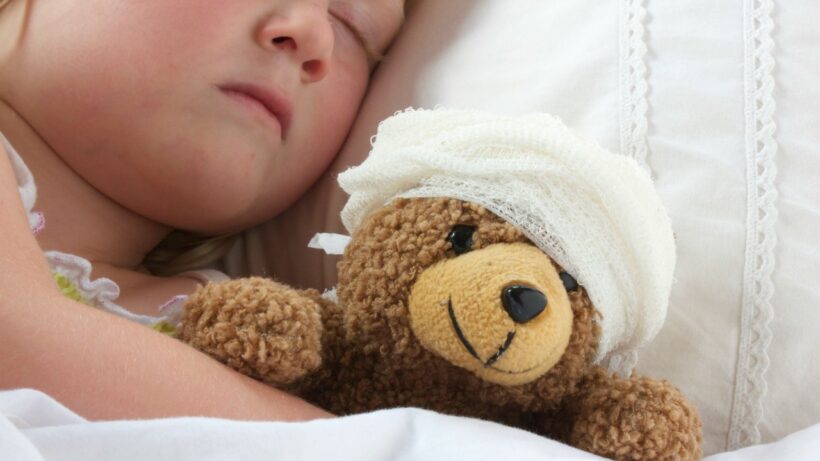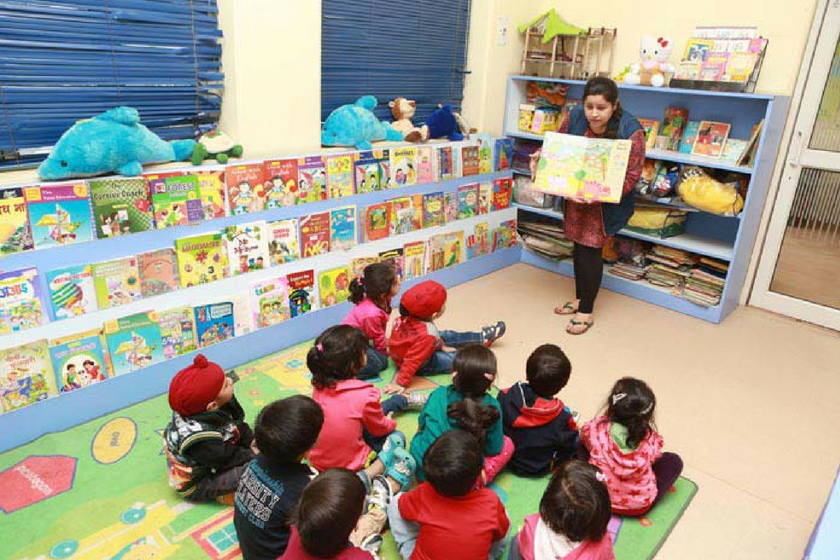Sometimes, things might be in front of our eyes and we still miss them. When we feel something, we are able to tell someone… but what about those little ones. Instead of talking, they show signs… and it is very important for us to know what they mean. Here are some signs to look out for Epilepsy in kids… But what’s Epilepsy?
What Is Epilepsy?
When someone has two fits 24 hours apart It is defined as epilepsy.
Fits can be of various types.
Patients may have
- Tonic seizures
- Clonic seizures
- Tonic-Clonic seizures
- Drop attacks
- Absence seizures
Seizures are one of the most common symptoms in children suffering from any neurological disease.
A seizure may be seen as early as on the first day of life.
Different syndromes of epilepsy are seen across all age groups in children. Seizures may occur in children due to developmental issues, congenital issues, or family history or they may be due to some acquired disease such as infection, tumour, head injury, stroke, or fever.
Irrespective Of The Cause Of Seizures, The Effect Of Epilepsy On Children Is Tremendous
Epilepsy may
- Delay developmental milestones
- Hamper a child’s learning ability which may have long-term consequences on his social, educational and physical development.
- It increases extreme mental and emotional pressure on parents and caregivers, along with an associated increase in the financial burden of medical expenses.
Many children with poor control of epilepsy are on multiple drugs which causes severe learning difficulties and children are exposed to long-term side effects of these medicines.
Children with epilepsy are generally not allowed for outdoor activities and many sports like swimming which affects their self-confidence and esteem. Epilepsy is observed in children of all age groups. It ranges from mild forms which almost do not require any treatment to severe forms which may require multiple drugs and at times surgery.
In infants, epilepsy may present with just subtle signs. Sometimes these subtle signs are often missed. A child may have a blank staring look for a few seconds or may have up rolling of eyes for a few seconds sometimes they may be minor jerking of the hands and legs which may go unnoticed, the child may fall unusually and frequently. And only on seeking medical attention or when someone brings it to the notice of the parents that they realize that the child could be suffering from epilepsy.
Even for doctors just based on the history sometimes it may be difficult to make a diagnosis of epilepsy and unless they see the event they require the help of investigations such as an electroencephalogram or MRI of the brain.
Causes of Epilepsy
Among the acquired causes of epilepsy infection and head injury remain the most common cause of epilepsy in India among children. There is a wide range of infections that can cause epilepsy such as TB, bacterial, and viral infections. Children with simple febrile seizures can In later life develop epilepsy. So all precautions to prevent childhood infection and trauma should be taken care of.
Signs Parents Should Watch For
For parents, it is important to take medical attention and help if they observe any developmental regression in their child
- Notice any abnormal movements
- Has frequent falls which are untriggered
- Becomes blank for a few seconds during which he remains unresponsive
- Difficulty in learning
These things should make parents take medical help. Once the child has been found to be suffering from epilepsy, it is important for parents to understand that in modern medicine epilepsy can be managed medically and in certain cases surgically.
Children who suffer from epilepsy should make sure that they sleep adequately, medicate regularly and as advised, and avoid sports that may cause severe injury. Many childhood epilepsy syndromes are benign and the child does not require treatment beyond a certain age.
Almost 70% of epilepsies in the adult and teenage group are controlled with a single drug. It is important for parents and caregivers to understand that children with epilepsy can have normal development, normal education and normal social life.
When your child has a seizure, ask someone nearby to call your doctor. If no one is around,
Follow The Steps And Then Call The Doctor:
1. Place your child gently on the floor and remove any objects nearby.
2. Lay your child on his side to prevent choking on saliva.
3. loosen any clothing around the head-neck area.
4. Make sure your child is breathing ok.
5. If a child vomits, clear out the mouth gently with a finger.
6. Please don’t try to prevent the shaking of your child, this won’t stop the seizure and may make the child more uncomfortable.
7. Don’t put anything in the child’s mouth.
8. Don’t give the child anything to eat or drink. don’t give any medicine pills or liquid by mouth until the child is awake and alert.
9. Try to note the duration of how long the seizure lasts.
10. Allow your child to take rest after a seizure. The child may be sleepy or may even take some time to get back to normal.
Seek Immediate Medical Care If Your Child:
* Has a seizure that lasts more than 5 minutes or has repeated seizures
* Troubled breathing
* Bluish-coloured lips, tongue or face
* Remains unconscious for a long after a seizure
* Has a seizure while being in the water
* Has any kind of symptoms that concerns you
If you have questions that you want answers to, write to us and we will get health experts to address them.




















